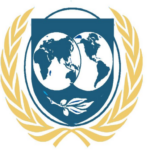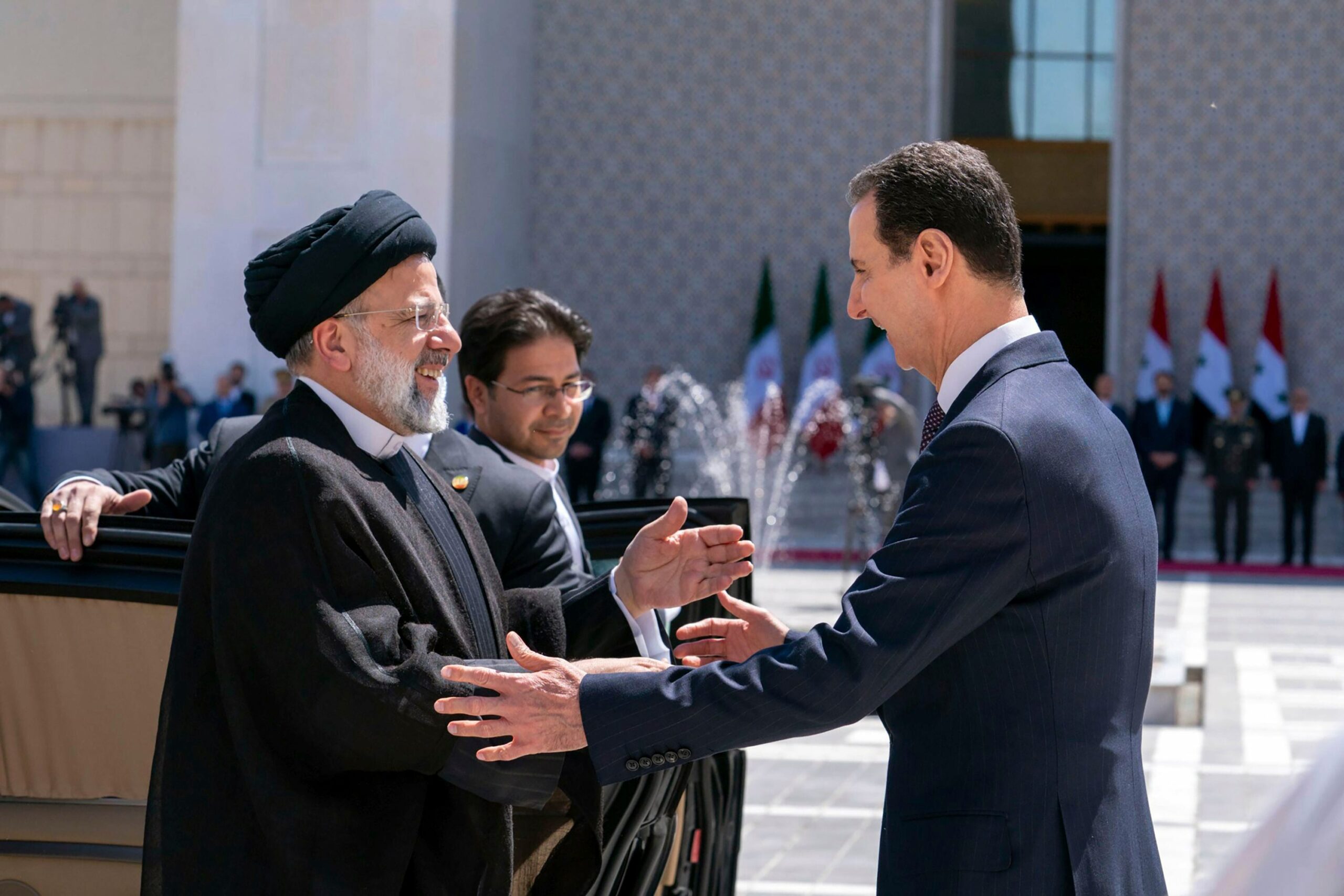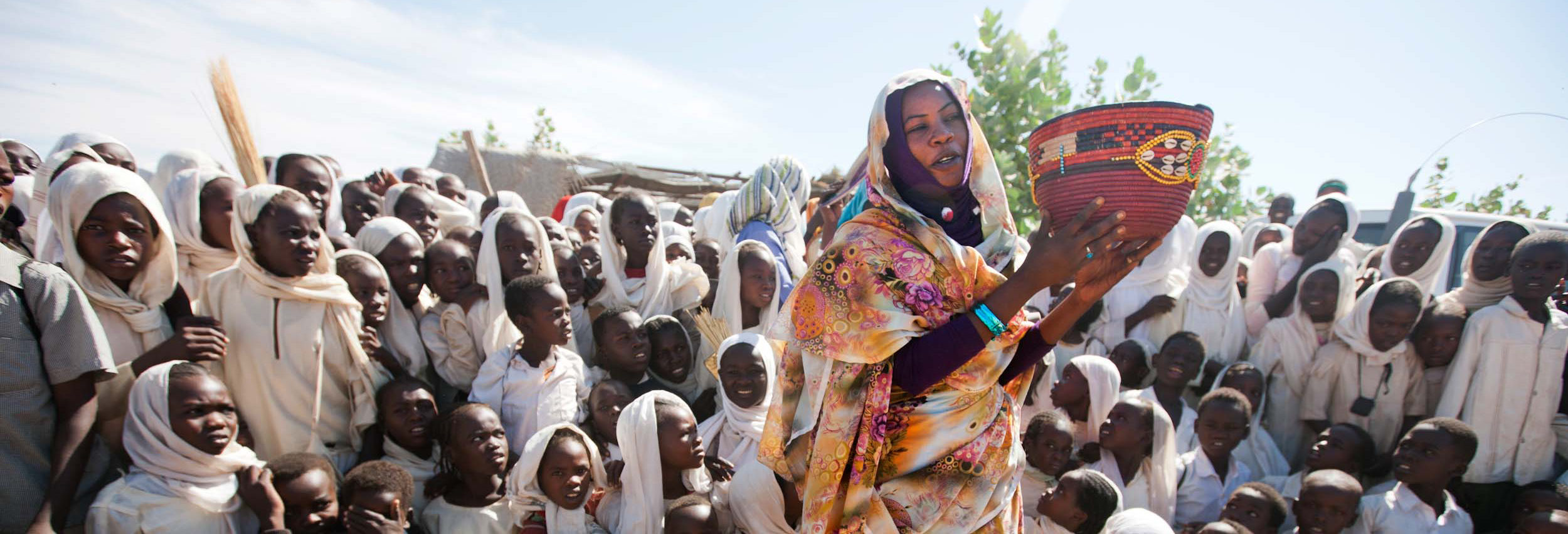
REFUGEE & HUMANITARIAN ASSISTANCE :
Our assistance provides urgent, life-saving support, including food, shelter, safe drinking water, improved sanitation and hygiene, emergency healthcare services, child protection programs, and education, among other activities. This assistance is provided as close to refugees’ homes as possible in order to ensure timely access to assistance and mitigate against the need for dangerous onward travel. This approach also helps facilitate the safe and voluntary return to their countries of origin, if and when conditions allow them to do so.
The USRLI Speakers Bureau connects national networks and local organizations in the United States with leading USRLI experts for virtual and in-person speaking events on themes relevant to the Institute’s mission. It is part of USRLI’s longstanding commitment to informing the American public about the U.SRLI. role in peacebuilding around the world.
PUBLIC AFFAIRS SECTION
RHA@Usinstitute-ruleoflaw.com
INT ORGANIZATIONS
AHR@Usinstitute-ruleoflaw.com
REFUGEES, AND MIGRATION OFFICE (RMO)
NO AUTHORIZED DATA
REFUGEE ADMISSIONS OFFICE (RAO)
On JANAURY 8, 2023 the The United States Rule of Law institute, together with the International Donors, submitted the USRLI board Councilt’s Report on Refugee Admissions for Fiscal Year 2023. Following consultation with Congress, the Board Council (BC) on Refugee Admissions was signed by the President on September 27. The PD authorizes the admission of up to 125,000 refugees in FY 2023.
EMIGRATION AND REPATRIATION OFFICE (ERA)
Refugee returns to the country rose in the last half of the year. As of mid-November UNHCR had assisted the return of more than 370,000 registered refugees (99 percent of whom returned from Pakistan), greatly surpassing the 58,460 returns in 2015. According to UNHCR surveys of returnees at arrival centers, many returnees claimed they left Pakistan due to increased rates of harassment and extortion and because they no longer believed they could stay in their homes safely or find jobs. Other reasons they cited included maintaining family unity with undocumented Afghans following their deportation, enhanced border controls, and uncertainty about legal status. Former refugees constituted more than 20 percent of the total country population, yet the government lacked the capacity to integrate large numbers of new arrivals due to continuing insecurity, limited employment opportunities, poor development, and budgetary constraints
PROTECTION OF REFUGEES OFFICE (ERA)
Laws do not provide for granting asylum or refugee status, and the government has not established a system for providing protection to refugees from other countries. Nonetheless, the government worked closely with the international community to protect and respond to the needs of Pakistani refugees, including an estimated 100,000 refugees who remained in UNHCR camps in Khost and Paktika Provinces after being displaced in 2014 following Pakistani military operations against insurgents across the border.


